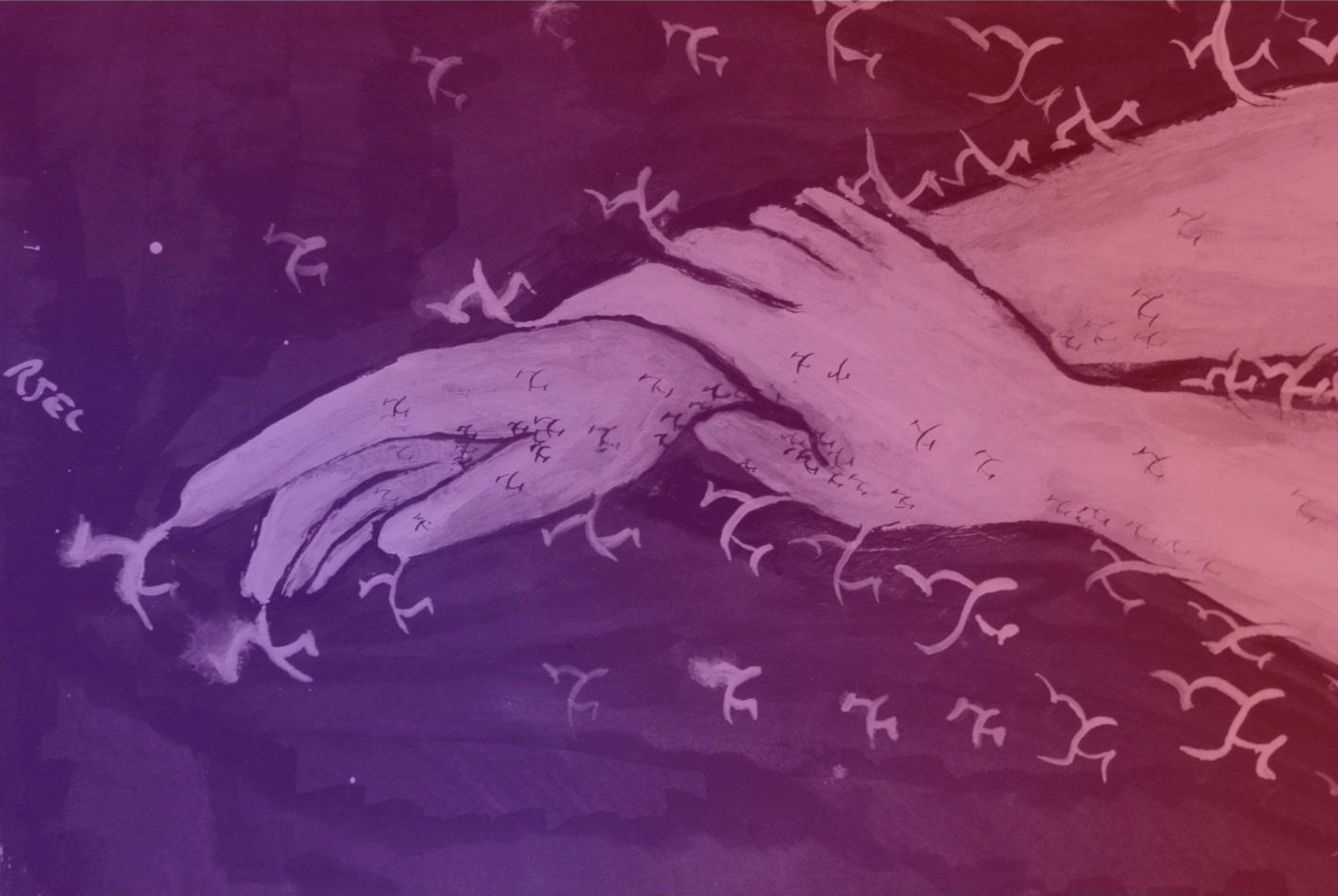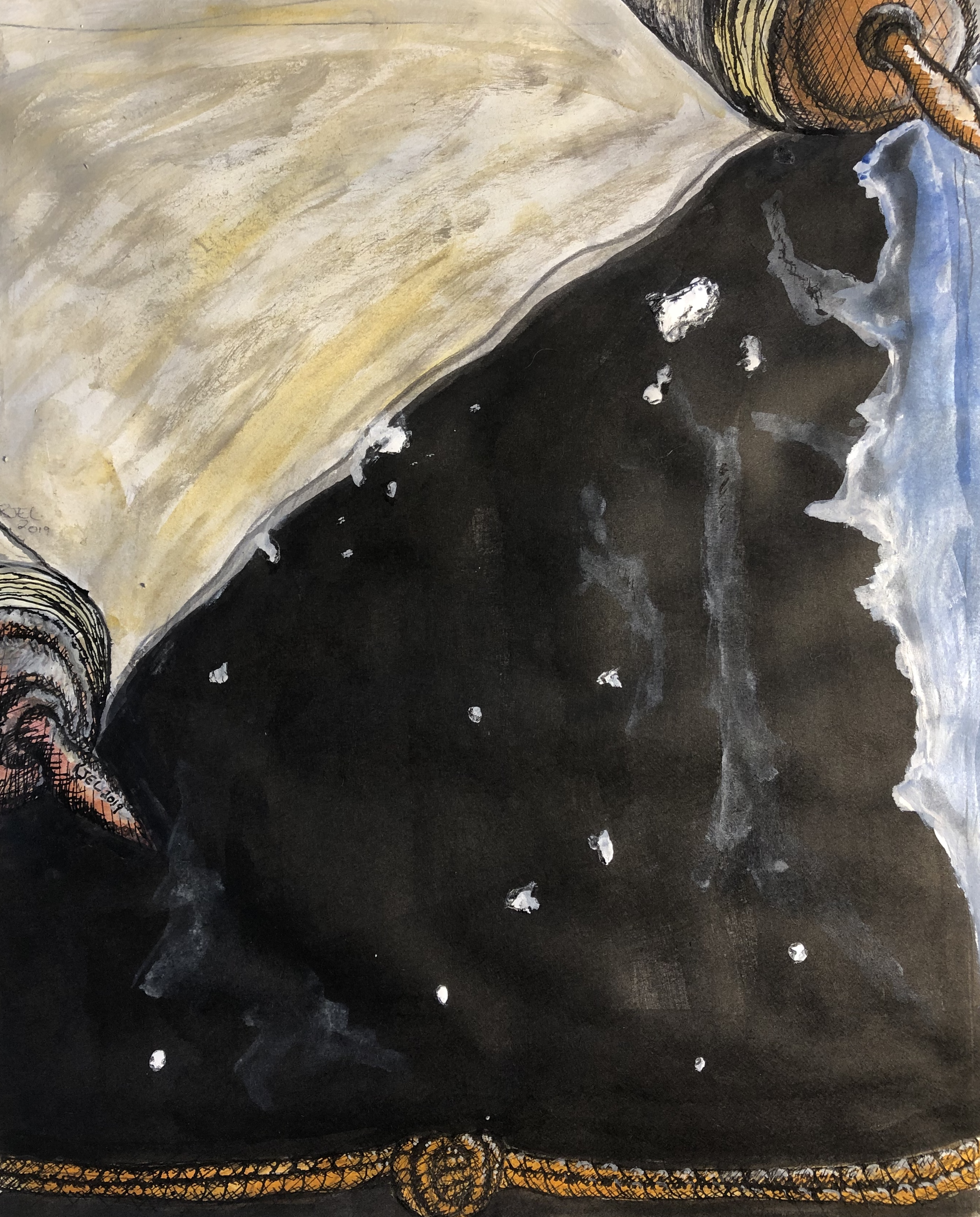
Jewish ethics
sex | Gender | disability
(also knives)
Rabbis Said What? ethical responses to contemporary challenges
(also snark)
Rebecca J. Epstein-Levi is Assistant Professor of Jewish Studies and Gender & Sexuality Studies at Vanderbilt University. An expert on sexual ethics, she uses unconventional readings of classical rabbinic text to study the ethics of sex and sexuality, disability, and neurodiversity. In her copious free time, she enjoys cooking unnecessarily complicated meals and sharpening her overly large collection of kitchen knives. She lives with her wife, Sarah, her cats, Faintly Macabre and Chroma the Great, and a rapidly expanding flock of wire dinosaurs and other beasties. You can (and should) follow her on Twitter @RJELevi.

when we collide:
Sex, Social Risk, and Jewish Ethics
"Epstein-Levi has written the first book in Jewish ethics that neither condescends nor preaches to its reader. This is nothing short of liberation. There are very few academic books that are such a joy to read."
— Martin Kavka, Florida State University
"Rebecca Epstein-Levi's When We Collide brings rabbinic texts to life, literally. Epstein-Levi looks at how rabbinic texts match up against life, how they illuminate, and are illuminated by, lived sexual experience in the 21st century. Epstein-Levi is not content to stay in the comfortable realm of scholarly theory, though she does that too. She gets into the nuts and bolts of sex – how people actually behave, not how they like to say they behave, or how think they should behave, but how they actually do – to find insights from canonical Jewish traditions that can serve as guidance. Those insights do not come from the usual rabbinic-text suspects, however, but from texts that on the face of it are entirely unrelated to sex – texts on purity, texts with stories about rabbis interacting with other rabbis, texts that issue laws of capital punishment. Epstein-Levi finds in these far-flung and faraway ancient texts the resources – or as Epstein-Levi calls it, the dialogue partners – for a fresh sexual ethics today. She is able to make these connections because she starts with the presumption that sex is social, not separate and private, and that it is bound up with who we are in the fullest sense – in all our sexual, physical, and neuro diversity – and with how our communities operate. As we face a never-ending pandemic and a climate crisis that keeps getting worse, Epstein-Levi's reflections on risk as it relates to social life, sex, and the human experience feel all too timely and utterly pressing. When We Collide helps us to read rabbinic texts and to navigate sexual and social relationships, and it does by bringing the two fields together – rabbinics and sexual ethics – in a totally new way."
— Beth Berkowitz, Ingeborg Rennert Chair of Jewish Studies and Professor of Religion, Barnard College




